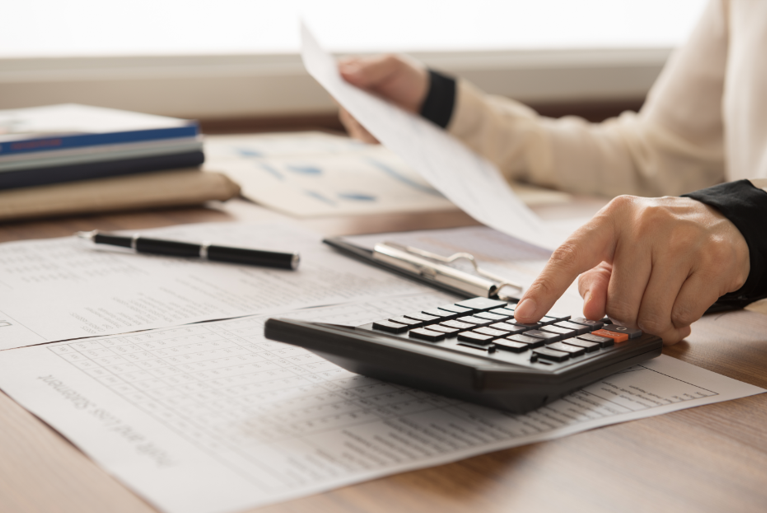GST Refresher For Your Business
GST is paid at each step in the supply chain, and registered businesses charge GST in the price of goods, services or anything else they supply. GST collected on the sale of goods and services made by registered businesses must be remitted to the ATO via the business’s Business Activity Statement. The end consumer merely pays the GST at time of purchase to the supplier, and the supplier is responsible for paying it back to the ATO. If an entity is registered for GST, it can claim input tax credits from the ATO for any GST included in the price paid for goods, services or anything else bought for the business.
GST issues to keep in mind
You may want to keep some of these GST issues in mind:
- Second Hand Goods
Buying second-hand can often be cheaper. However, in most cases they are purchased from a non-GST registered seller. Unless the seller is registered for GST you will not be able to claim the GST on the purchase. If you are registered for GST, don’t forget to charge GST when you sell your business assets regardless of whether the purchaser is registered for GST or not.
- Deposits
The purchase of a significant asset often requires a deposit to be paid. Suppose you report GST on a cash basis. In that case, you will not be entitled to claim a GST input tax credit on the deposit at the time of paying. If you haven’t claimed GST when paying the deposit, make sure to claim GST on the total purchase price, including the deposit, when the deposit is later applied towards the asset’s cost (which may occur in a later BAS reporting period).
- Purchasing a car for more than the car limit
Your GST input tax credit will be limited if you purchase a car with a cost that exceeds the tax car cost limit for depreciation. The car cost depreciation limit is the maximum you can claim as depreciation deductions for income tax purposes ($69,674 in 2024-25). Where the cost of your car exceeds this value, your GST claim is limited to 1/11th of the car limit.
Small but not insignificant
- Bank Fees
Ordinary monthly bank account charges won’t include GST, but merchant fees do, so check your accounting system is set up to capture the GST on those merchant fees.
- Insurance Policies
Insurance policies often include a small stamp duty component, which does not attract GST. You may be overclaiming GST if your accounting software is set up to claim a full 10% GST (or 1/11th of the premium cost).
- Registrations
In Victoria, the vehicle registration is broken up into 3 parts: Registration Fee, TAC Charge and Duty Insurance. Only the TAC Charge includes GST; the other 2 components are GST Free.
Remember, the best way to maximise your GST claims is by checking your tax invoices for GST paid (you have four years to claim the GST) and then keeping those and other GST records for five years.









